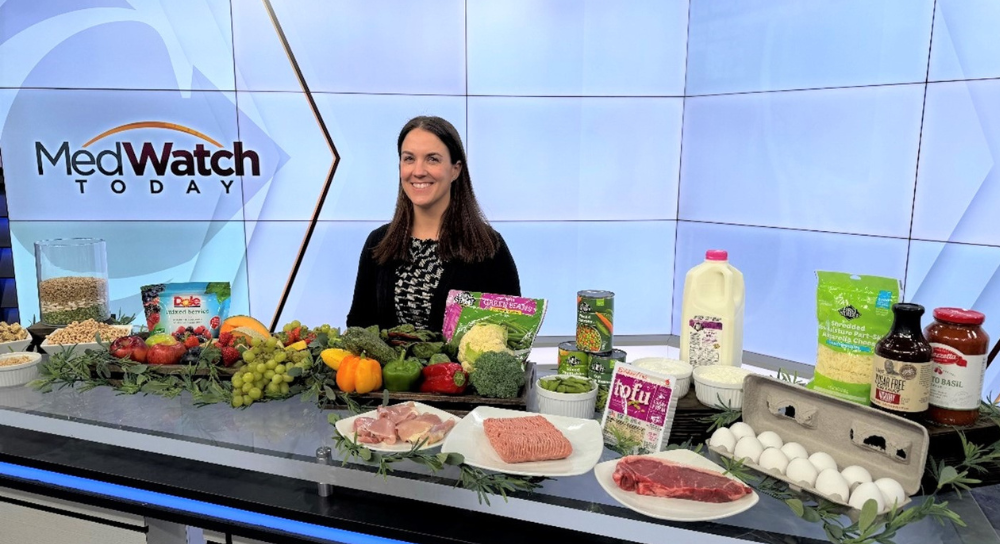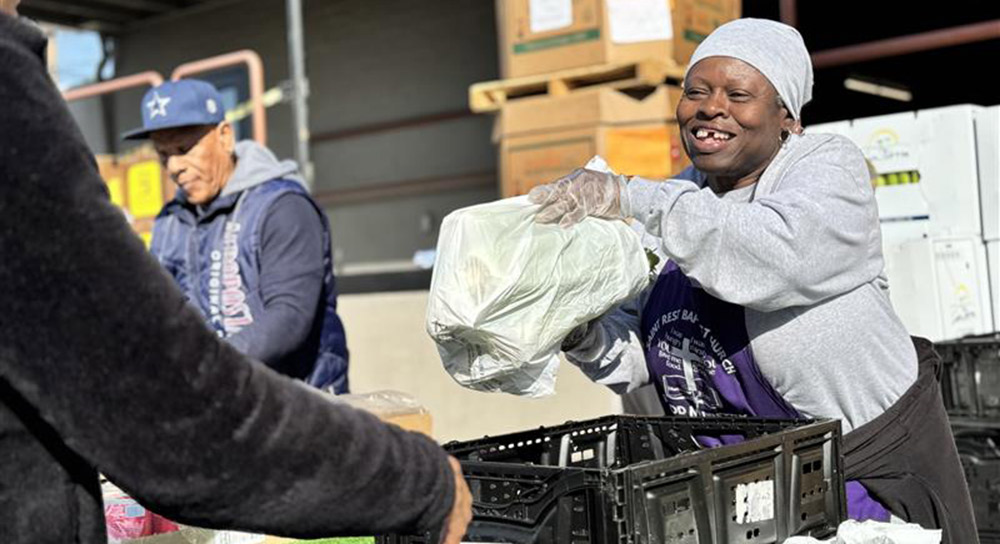For those battling or recovering from cancer, or who have a family history of cancer, making informed choices and knowing the right foods to eat can significantly impact overall health and treatment outcomes.
“With nutrition and cancer, food plays a crucial role throughout a patient’s journey,” said Lauren Nowak, registered dietician at Community Cancer Institute. “Whether during treatment or in recovery, food choices have a significant impact and even can play a large role in preventing a cancer diagnosis.”
What types of foods should you eat when it comes to cancer?
- Whole grains like brown rice, beans, lentils and whole grain cereals (e.g., Cheerios, Shredded Wheat) provide essential nutrients and fiber. Nowak recommends making at least half of your grain choices whole grains.
- Fruits and vegetables are rich in phytonutrients and antioxidants, which are known to help prevent cancer. Nowak recommends aiming for at least five servings of fruits and vegetables a day to maximize their benefits. She also says not to shy away from using frozen or canned options as they offer similar nutrients and are an easy way to get the nutrition you need even on those days when you’re busy or tired.
- Lean meats such as boneless, skinless chicken or turkey is better for reducing fat intake. Red meats are fine in moderation, Nowak says.
- Low-fat or non-fat dairy products such as 1% milk, non-fat yogurt and low-fat cottage cheese can reduce calorie and fat intake while still obtaining necessary nutrients.
While it’s a myth that sugar directly "feeds" cancer, reducing sugar intake is important, says Nowak. “High sugar consumption can lead to obesity and diabetes, which are risk factors for various cancers, so I always suggest a sugar-free or reduced sugar option when possible.”
The impact of healthy eating
According to the Centers for Disease Control and Prevention, about 129 million people in the U.S. have one or more preventable chronic diseases, such as cancer, cardiovascular disease, high blood pressure and type 2 diabetes, which are often related to diet and physical inactivity. By incorporating a variety of food groups to help balance your diet, Nowak says you are ultimately helping reduce your risk of a cancer or other chronic disease diagnosis, but make sure you set yourself up for success.“Cutting out a food group like sugar entirely, or going "cold turkey," can often be overwhelming and discouraging if you cheat, so I always encourage my patients to start slow and gradually make changes,” said Nowak.
Whether you’re undergoing cancer treatment, recovering or looking to reduce your risk due to family history, focusing on healthier food choices like the ones listed above can help support your overall health and improve your quality of life.





